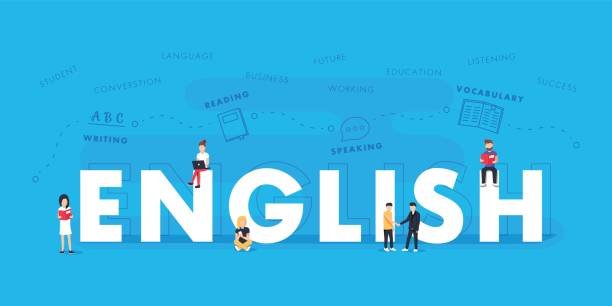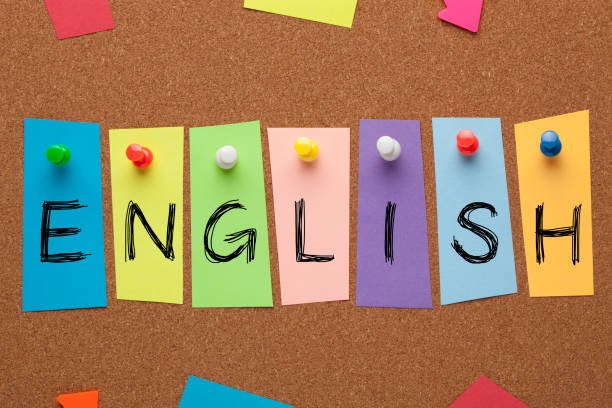Find English Home Language Grade 12 May – June 2022 common exam question papers with the memorandums for answers in a pdf downloadable format. The papers are most useful during your next study revision, and preparing for your next exams. Good luck and all the best. We aim to provide the entire collection of common mid-year, June 2022 exam papers from all provinces: Limpopo, Gauteng, Western Cape, Northern Cape, Eastern Cape, Kwazulu Natal, Free State, North West and Mpumalanga.
List of English Home Language Grade 12 May – June 2022 common exam question papers with the memorandums
Paper 1 Question Paper and Memo:
Paper 2 Question Paper and Memo:
Paper 3 Question Paper and Memo:
Importance of English Home Language for Grade 12 Learners
In South Africa, the Grade 12 English Home Language curriculum aims to develop learners’ skills in reading, writing, speaking, and listening. The curriculum is designed to help learners improve their language proficiency and to become effective communicators in a variety of contexts.
Some of the key areas that learners may focus on in the Grade 12 English Home Language curriculum include:
- Reading and interpreting a variety of texts, including literary texts, such as novels, plays, and poetry, as well as non-literary texts, such as news articles, speeches, and advertisements.
- Writing various forms of texts, including essays, short stories, poetry, and speeches.
- Developing critical thinking and analysis skills, through the close examination of texts and by making connections between texts and the world around them.
- Developing oral communication skills, through participation in class discussions, debates, and presentations.
- Developing language skills, such as grammar, vocabulary, and punctuation, through language exercises and practice.
- Learning about the history of the English language and its various forms, such as Old English, Middle English and Modern English.
- Learning about literary devices, elements, literary movements and literary criticism.
Additionally, learners may also focus on the application of their language skills in real-life situations, such as writing a CV, a cover letter or a formal letter of complaint.
It is important to note that the curriculum may vary depending on the school or region, and the learners should check with their teachers or the school for more information.




